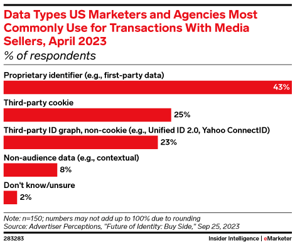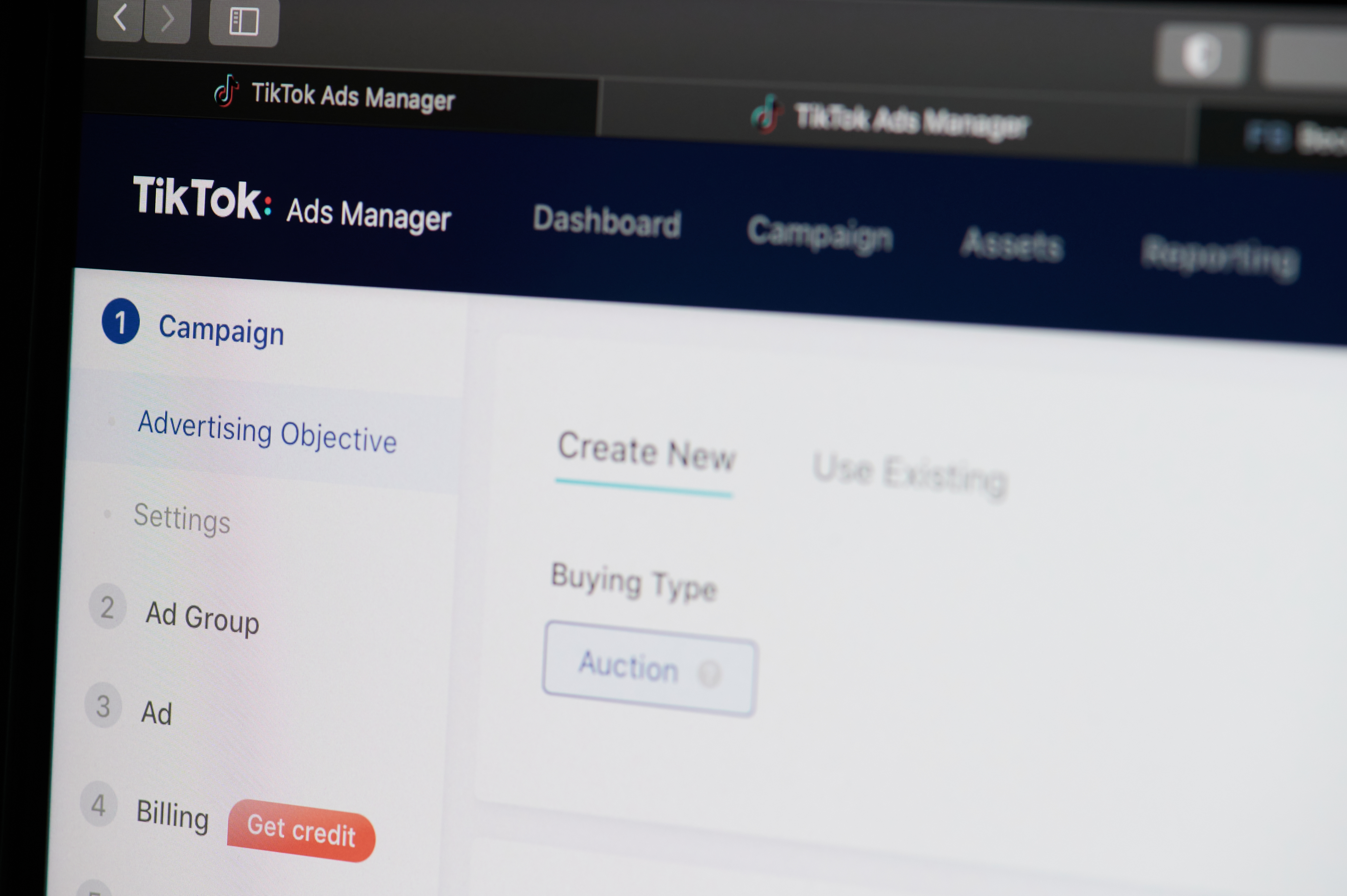Navigating the Digital Landscape: Understanding the Depreciation of 3rd Party Cookies
Staying ahead of the curve is paramount in the eCommerce world. One of the most significant shifts reshaping the landscape right now is the depreciation of third-party cookies. This change, driven by privacy concerns and regulatory shifts, has profound implications for marketers, advertisers, and businesses alike.
The Role of Third-Party Cookies in Digital Marketing
Third-party cookies have long been the backbone of digital advertising and analytics. These small pieces of data, stored on users' browsers by domains other than the one they're visiting, enable tracking and targeting across multiple websites. By collecting information about users' browsing habits, interests, and preferences, third-party cookies allow advertisers to deliver personalized ads, measure campaign performance, and optimize targeting strategies. By Q3 of 2024, Google is expected to completely remove 100% of third-party cookies. It’s important to understand the implications of this and how it will affect the marketing landscape.
The Depreciation of Third-Party Cookies: Why Now?
The decision to phase out third-party cookies isn't arbitrary; it's driven by a confluence of factors reshaping the digital landscape.
- Privacy Concerns: With growing awareness of online privacy and data protection, consumers are increasingly wary of being tracked across the web without their consent. High-profile data breaches and scandals have heightened concerns about the misuse of personal information, leading to calls for greater transparency and control over data collection practices.
- Regulatory Pressures: Governments around the world are enacting stricter regulations to protect consumer privacy and data rights. Initiatives like the General Data Protection Regulation (GDPR) in the European Union and the California Consumer Privacy Act (CCPA) in the United States impose stringent requirements on how companies collect, use, and share personal data, including restrictions on the use of third-party cookies for tracking and targeting.
- Browser Changes: Major web browsers, including Google Chrome, Mozilla Firefox, and Apple Safari, have announced plans to phase out support for third-party cookies. Google's decision to deprecate third-party cookies in Chrome, the most widely used browser globally, has significant implications for the digital advertising ecosystem, prompting advertisers to rethink their targeting and measurement strategies.
The Implications for Digital Marketing
- Impact on Targeting: Without third-party cookies, traditional methods of audience targeting, such as behavioral targeting and retargeting, will become less effective. Marketers will need to explore alternative targeting methods, such as contextual targeting, first-party data, and cohort-based targeting, to reach and engage audiences effectively.
- Measurement and Attribution: Third-party cookies play a crucial role in tracking user interactions and attributing conversions across channels. Their deprecation will complicate measurement and attribution efforts, making it harder for marketers to accurately assess the effectiveness of their campaigns and allocate budgets optimally. Marketers will need to invest in alternative measurement solutions, such as first-party data analysis, multi-touch attribution models, and marketing mix modeling, to gain insights into campaign performance and ROI.
- Shift in Advertising Ecosystem: The depreciation of third-party cookies is reshaping the digital advertising ecosystem, driving changes in advertising platforms, ad tech solutions, and industry practices. Advertisers and publishers are exploring new approaches, such as privacy-preserving techniques, federated learning, and collaborative targeting, to balance the need for targeting and personalization with user privacy and data protection.
Adapting to a Cookie-Less Future
While the depreciation of third-party cookies poses challenges for digital marketers, it also presents opportunities to innovate and evolve. Here are some strategies to navigate the transition to a cookie-less future successfully:
- Invest in First-Party Data: Many marketers have already invested in first-party data; however, the
 graph to the right shows that 25% still utilize third-party data. First-party data, collected directly from your customers and website visitors, will become increasingly valuable in a cookie-less world. Invest in building robust first-party data sources, such as customer relationship management (CRM) systems, email marketing databases, and website analytics, to gain deeper insights into your audience and personalize experiences effectively.
graph to the right shows that 25% still utilize third-party data. First-party data, collected directly from your customers and website visitors, will become increasingly valuable in a cookie-less world. Invest in building robust first-party data sources, such as customer relationship management (CRM) systems, email marketing databases, and website analytics, to gain deeper insights into your audience and personalize experiences effectively. - Embrace Contextual Targeting: Contextual targeting, which focuses on the content and context of web pages rather than individual user behavior, will become more important in a cookie-less ecosystem. Explore opportunities to align your ad placements with relevant content and contextually relevant environments to reach audiences in a privacy-compliant manner.
- Collaborate and Innovate: The depreciation of third-party cookies presents an opportunity for collaboration and innovation within the industry. Collaborate with partners, publishers, and technology providers to develop privacy-preserving solutions, such as identity resolution platforms, data clean rooms, and consent management tools, that enable effective targeting and measurement while respecting user privacy and data rights.
- Focus on Value Exchange: In a cookie-less world, transparency and trust will be paramount. Focus on building meaningful relationships with your audience based on trust, transparency, and value exchange. Provide value-added content, personalized experiences, and transparent data practices to earn and maintain consumer trust.
The depreciation of third-party cookies represents a seismic shift in the digital marketing landscape, with far-reaching implications for advertisers, marketers, and businesses. While the transition to a cookie-less future presents challenges, it also offers opportunities to innovate, evolve, and reimagine the future of digital advertising.
By understanding the reasons behind the depreciation of third-party cookies, anticipating its implications, and adopting proactive strategies to adapt to the changing landscape, businesses can navigate the transition successfully and thrive in a cookie-less world. Embrace the challenge, stay agile, and seize the opportunities that lie ahead to drive sustainable growth and success in the digital age.
More About aiCommerce
aiCommerce is a global digital marketing agency with a focus on retail and eCommerce marketplaces. aiCommerce can help your brand grow across eCommerce channels to gain brand awareness, visibility, and increase sales, all backed by our 90-day guarantee. Now is the perfect time to utilize our eCommerce experts to help grow your business. Click the button below to qualify for a free listing audit to jumpstart your eCommerce growth!




